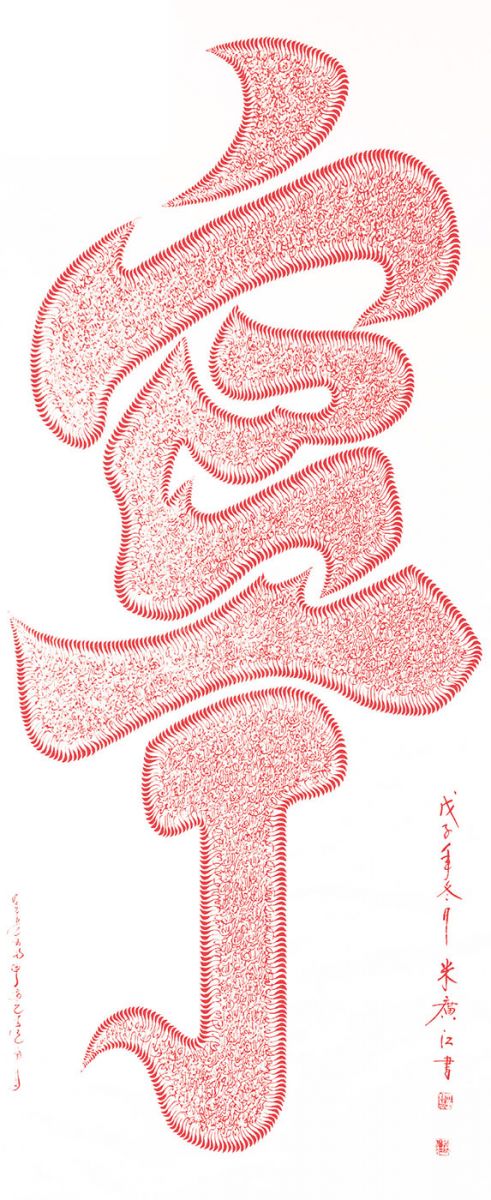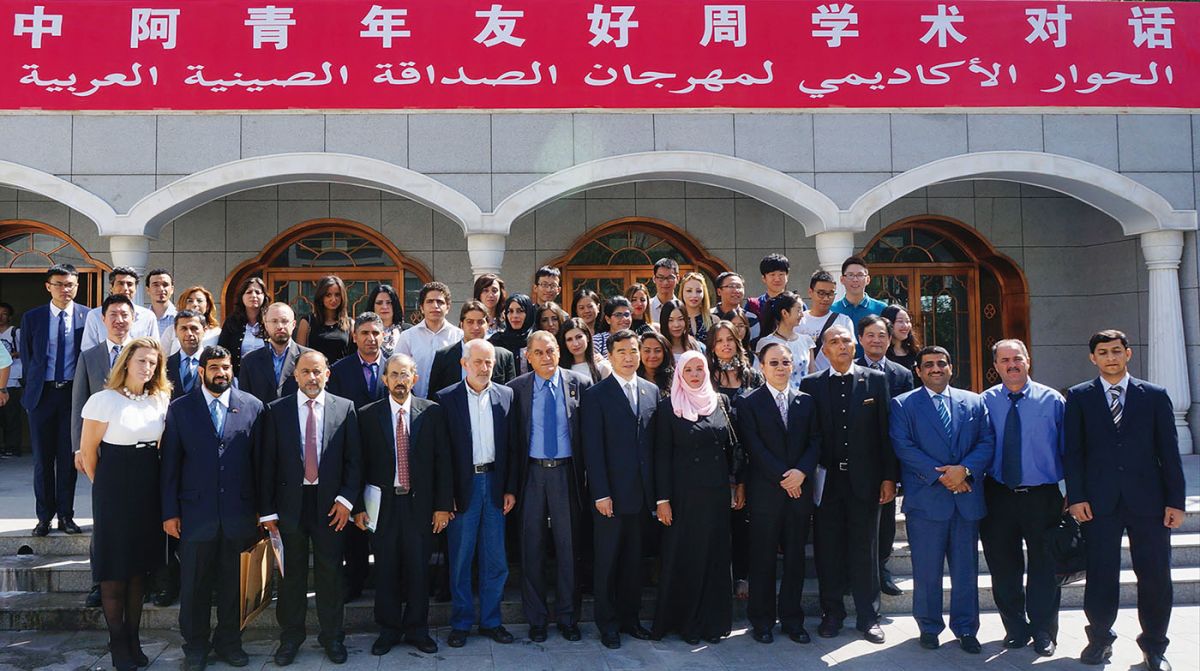China and the Middle East: old friends in a new era
<p>It is quite unusual to see a state keeping good relationships with all the Middle East countries. In January 2016, Chinese President Xi Jinping made his first state-visit to the Middle East, including Saudi Arabia, Egypt, and Iran. This symbolic visit marked the rapidly developing relationships between China and the Middle East. The ambitious initiatives of Xi’s presidency, such as ‘One Belt One Road’, Asian Infrastructure Investment Bank (AIIB), and the Silk Road Fund, all have linkages with the Middle East. Connections between China and the Middle East date back to around 2000 years ago to China’s Han dynasty. Now both sides are entering a new era as old friends.</p>
China is a strategic partner of Saudi Arabia, Egypt, Iran, and it also maintains frequent high-level contacts with Israel, Turkey, and other states. Very few state leaders could pay state visits to Saudi Arabia, Egypt and Iran at the same time and receive warm welcomes, as President Xi did in 2015. Just before Xi’s departure, China issued its first ‘Arab Policy Paper’ since 1949, which is a milestone of Sino-Arab relations. China was also determined to play an active role in the Palestine-Israel Peace Process, and held the Palestinian-Israeli Peace Symposium in Beijing in 2017.
Besides warming up diplomatic and political interactions, China has already become the largest trade partner of many Middle East countries. ‘Make Trade, Not War’ – trade and peace are China’s two main objectives in this region. So far, around 300,000 Chinese nationals live and work in the United Arab Emirates. They mainly stay at the ‘Dragon City’, a well-known bazaar city crowded with Chinese businessmen, located next to Dubai. It is estimated that at least a million Chinese now live in the Middle East.
One Belt One Road, or the so called ‘New Silk Road’ is a worthy attempt, although some may argue that it will be too costly and profits not as good as projected. Despite these arguments, China’s trade with the Middle East is maintained at high levels. To take Sino-Arab trade as an example, China's trade with Arab countries has grown from 36.7 billion USD to 251.2 billion USD between 2004 and 2014. In 2016 the bilateral trade volume reached 231.9 billion USD, with more than half of China’s crude oil coming from Arab countries (190.6 million tons, 50.15% of the total amount of 381 million tons). 1 This figure does not include Iran, the fifth largest oil importer to China. As Professor Tim Niblock has noted on China’s relations with GCC countries, “For the two centuries preceding 2013, the bulk of Gulf trade was with Western countries... In 2013, for the first time, China became the largest partner of the Gulf region (taking all eight Gulf countries together).” 2
Military cooperation between both sides has steadily moved forward. Despite the frequent high level visits and purchases of equipment and weapons, China’s military existence in the Middle East is generally ‘soft’, taking the form of peacekeeping missions in Sudan and Lebanon. China’s naval escort fleet also made a number of stops at the ports of Middle Eastern countries and played an important role in evacuations in Yemen in 2015 when civil war broke out. Compared to China’s various commercial interests and presence of more than a million Chinese nationals in the Middle East, its military power is relatively weak and so far it only has a limited existence in this region to protect its people and commercial interests. But China may have two ports surrounding the Middle East in the near future: one is Gwadar port in Pakistan and the other is Djibouti port in East Africa.
As for how the Chinese view the Middle East region, there are very different opinions. Some believe that the Middle East is a strategic area for China and will be useful to China’s One Belt One Road initiative; others think the area is harmful to China’s development and just to want keep away from this ‘Graveyard of Empires’. But basically, most Chinese people know very little about the Middle East. As for the view from the Middle East, some may appreciate China's non-involvement attitude towards local issues and its maintenance of long-term friendly relations, whilst others may suspect China’s intentions in the region and fear that China may become another dominating power as its influence grows.
The challenges to Sino-Middle East relations are obvious, and may cause some problems or even risks in the near future. Firstly, each side has only a limited knowledge or understanding of the other. Although historical connections existed in the past, China’s relationship with the Middle East was halted for quite a long time and even after World War II, the Cold War and ideological divisions still played a very negative role in bilateral relations. Until 1992, Israel as the last Middle Eastern country finally established its diplomatic relations with China. Secondly, the turbulence, conflicts, and civil wars taking place in the Middle East have already caused some worries within Chinese society, following the kidnapping and murder of Chinese nationals in Pakistan and Afghanistan in the past few years. Thirdly, China is a newcomer with growing interests in the region but at the same time faces pressures in East and South Asia. Whether China has enough resources and the determination to continue developing its long-term strategic relations with the Middle East countries is still a question with no answer in sight.
Tingyi Wang, PhD candidate at the Department of International Relations, Tsinghua University, China - wangtingyi12@mails.tsinghua.edu.cn

